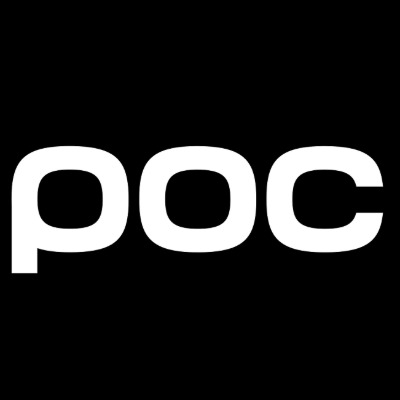Mannheim City Votes To Go Ahead With Doppelmayr Cable Car

The main committee of the city of Mannheim yesterday voted in favor of the proposed route of the cable car. The temporary cable car will connect the two federal horticultural show grounds Spinelli and Luisenpark from April 14th to October 8th, 2023. Doppelmayr Seilbahnen GmbH from Austria was commissioned with the construction, operation and dismantling.
"The approval of the main committee of the city of Mannheim for the proposed cable car route represents an important step for the implementation of BUGA 23", explains Michael Schnellbach, managing director of the Bundesgartenschau-Gesellschaft gGmbH. "After careful examination of possible alternatives, both from a traffic point of view and with regard to climate protection, the cable car as a modern and at the same time environmentally friendly means of transport of the future is the only sensible alternative to connect the two separate areas."
On Tuesday, December 8th, 2020, the main committee approved the proposed route, which extends from the southern part of Spinelli over the Feudenheimer Au, the sports park and Neckar to the leisure meadow of the Luisenpark. The Bundesgartenschau gGmbH was commissioned to initiate the necessary planning approval procedure at the responsible regional council in Karlsruhe.
The Austrian company Doppelmayr GmbH was commissioned with the construction, operation and dismantling of the monocable gondola at the end of August 2020. Doppelmayr was one of two companies that had applied for the two-stage, Europe-wide tendering process. The Bundesgartenschau Mannheim 2023 gGmbH is responsible for the technical and organizational implementation.
With the lead decision in 2017, the municipal council decided on Luisenpark as the second exhibition area at BUGA 23. This decision goes hand in hand with the need to connect the Luisenpark to the Spinelli site. After examining various alternatives for connecting the two parks (cable car, e-mini-cab shuttles, monorail, electric bus shuttle, tram), the cable car was rated as the most practicable solution.
With a commissioned engineering office for ropeway technology, different ropeway routes and their technical feasibility were examined. The route presented to the main committee was developed with a view to technical, legal, economic, spatial and organizational framework conditions.
"The approval of the main committee of the city of Mannheim for the proposed cable car route represents an important step for the implementation of BUGA 23", explains Michael Schnellbach, managing director of the Bundesgartenschau-Gesellschaft gGmbH. "After careful examination of possible alternatives, both from a traffic point of view and with regard to climate protection, the cable car as a modern and at the same time environmentally friendly means of transport of the future is the only sensible alternative to connect the two separate areas."
On Tuesday, December 8th, 2020, the main committee approved the proposed route, which extends from the southern part of Spinelli over the Feudenheimer Au, the sports park and Neckar to the leisure meadow of the Luisenpark. The Bundesgartenschau gGmbH was commissioned to initiate the necessary planning approval procedure at the responsible regional council in Karlsruhe.
The Austrian company Doppelmayr GmbH was commissioned with the construction, operation and dismantling of the monocable gondola at the end of August 2020. Doppelmayr was one of two companies that had applied for the two-stage, Europe-wide tendering process. The Bundesgartenschau Mannheim 2023 gGmbH is responsible for the technical and organizational implementation.
With the lead decision in 2017, the municipal council decided on Luisenpark as the second exhibition area at BUGA 23. This decision goes hand in hand with the need to connect the Luisenpark to the Spinelli site. After examining various alternatives for connecting the two parks (cable car, e-mini-cab shuttles, monorail, electric bus shuttle, tram), the cable car was rated as the most practicable solution.
With a commissioned engineering office for ropeway technology, different ropeway routes and their technical feasibility were examined. The route presented to the main committee was developed with a view to technical, legal, economic, spatial and organizational framework conditions.
Key data:
- Length of the cable car: 2.1 kilometers
- Speed: 6.5 meters per second
- Number of cabins: 65 pieces
- Transport capacity: up to 2,800 people per hour in each direction
- Travel time: 7 min.













